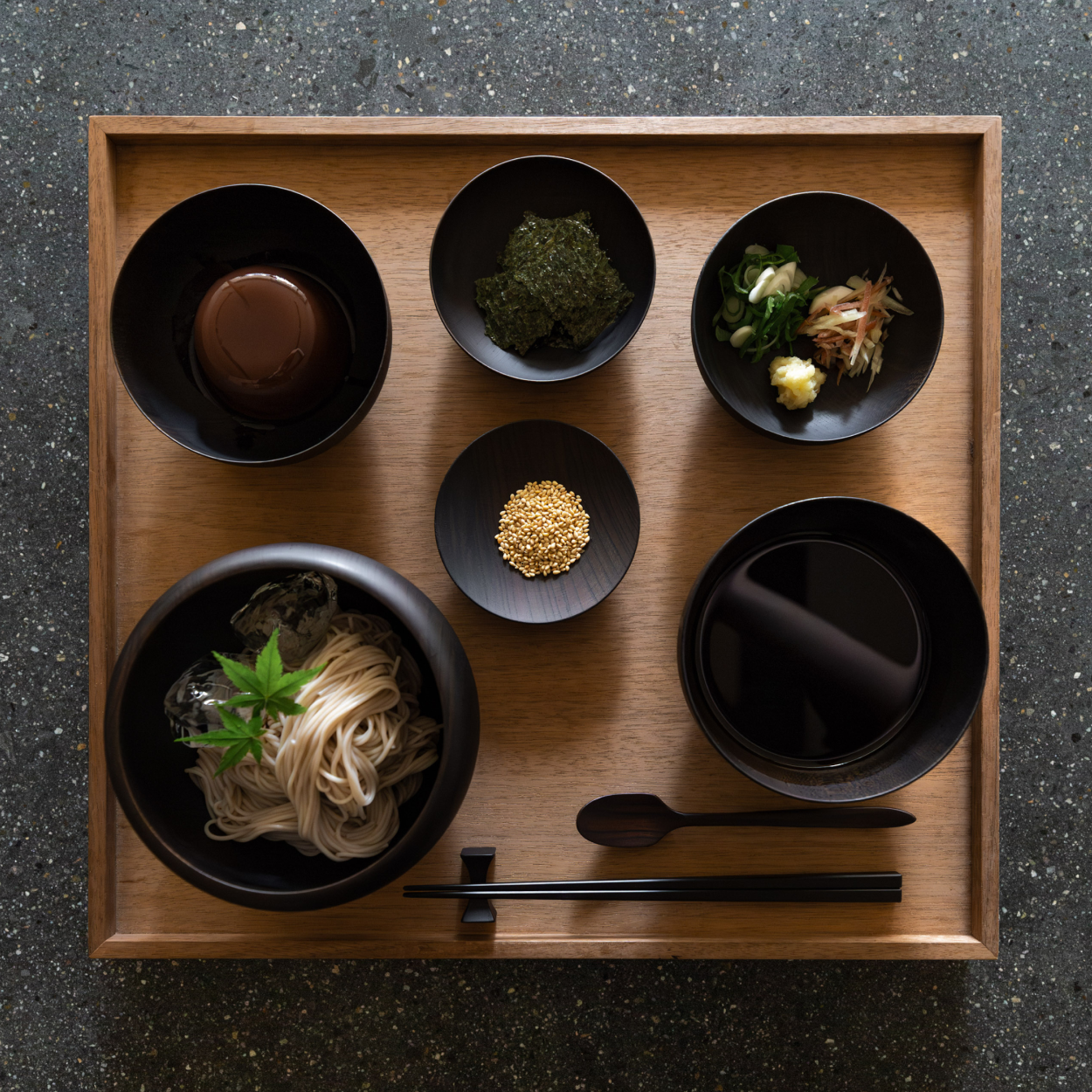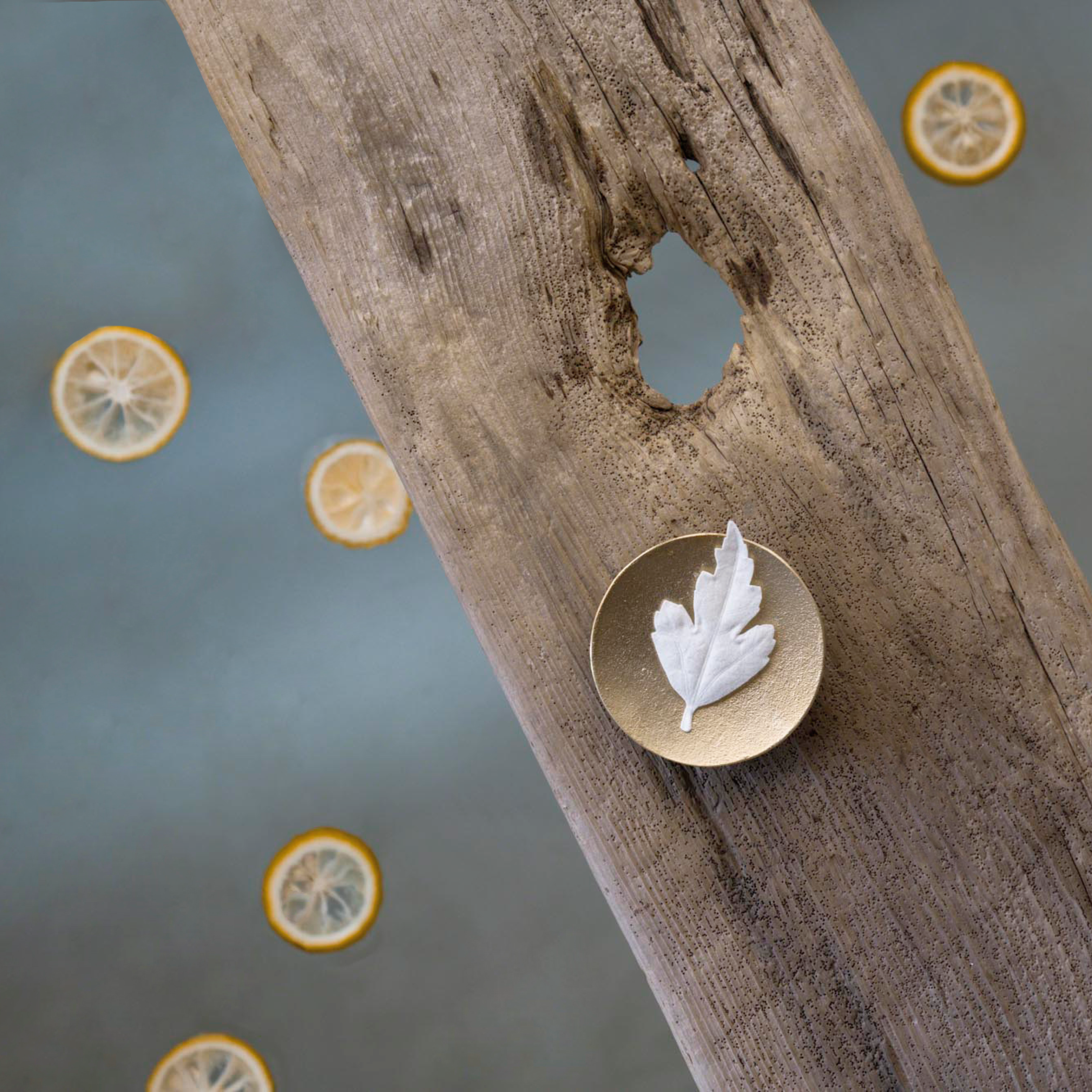Kintsugi
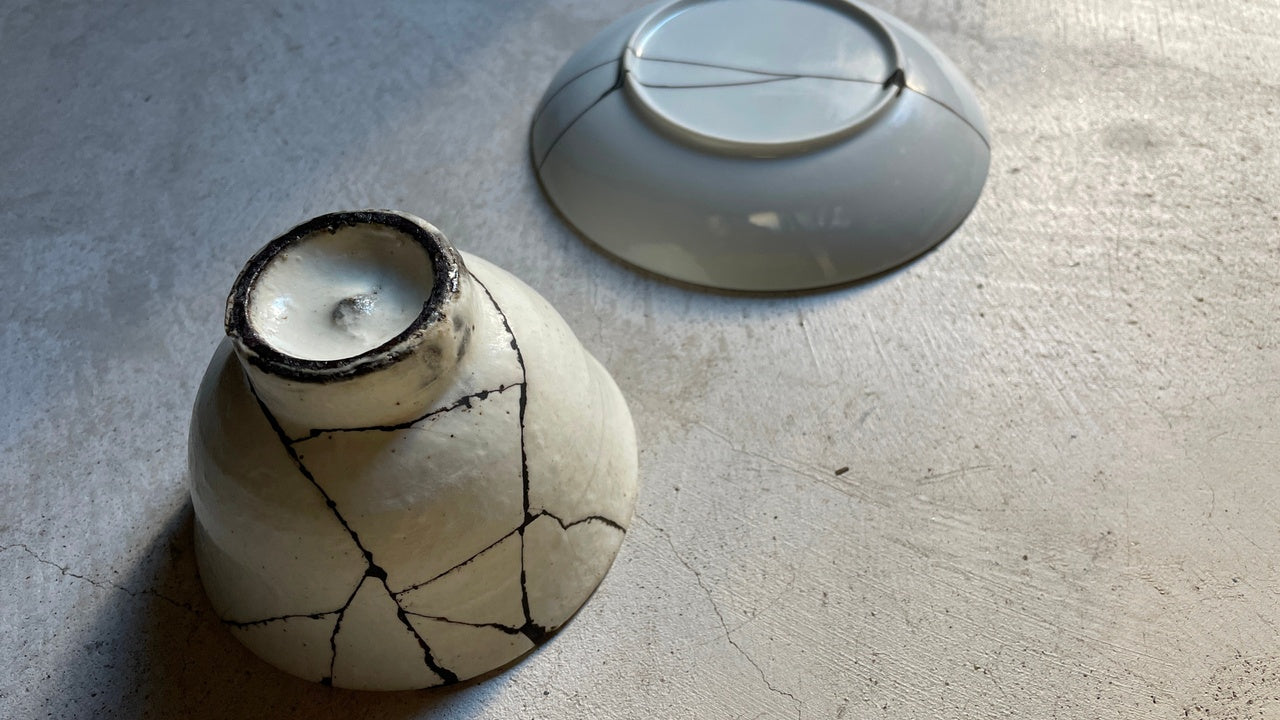
Ceramic vs Porcelain Earthenware
From the beginning of human history, earthenware has been crafted all across the world. Even within the small islands of Japan, the diversity of soil, climate, food, and aesthetics have nurtured un...
Read more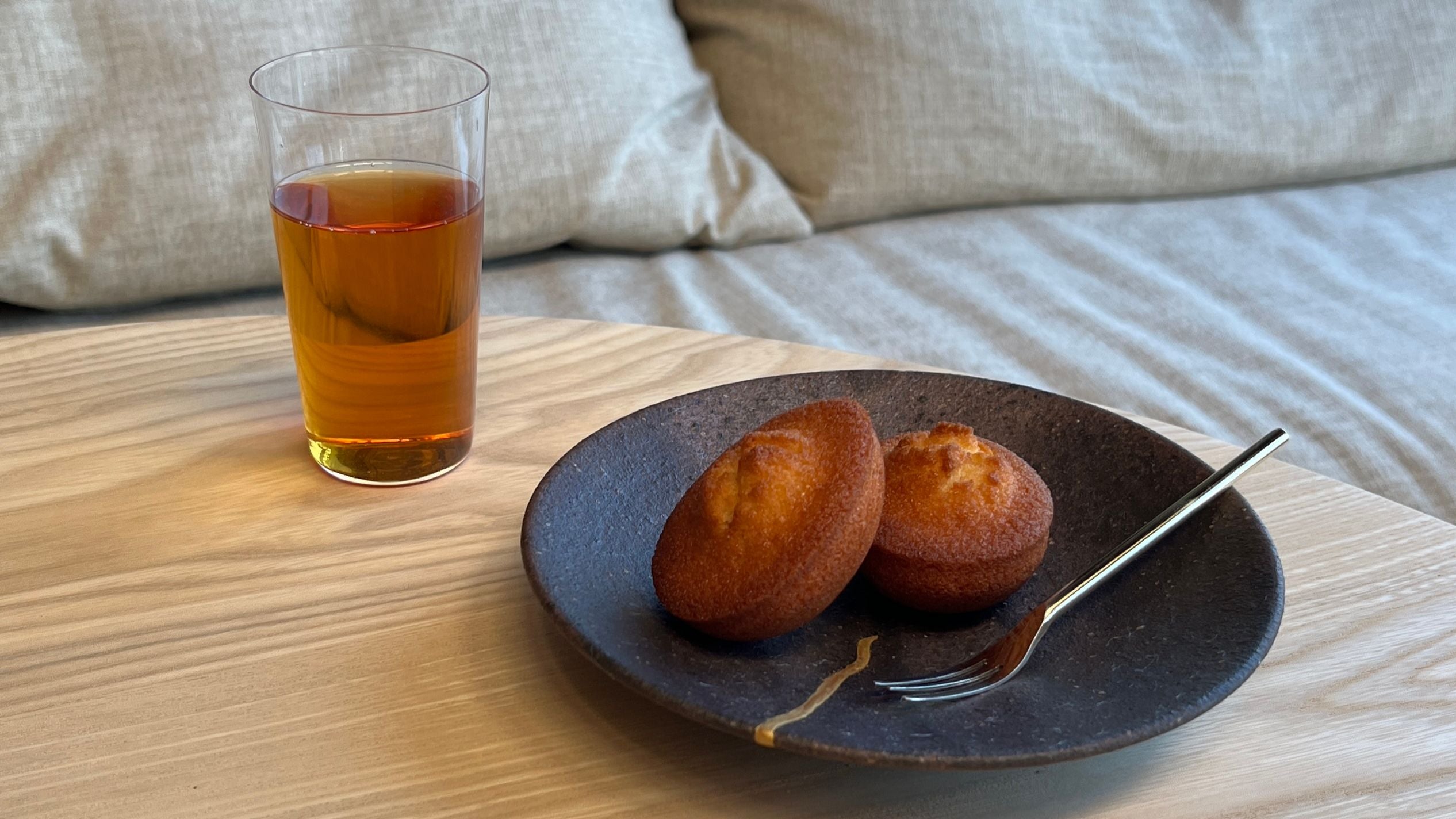
Tableware is said to be art that is only complete, once food is plated. So after repairing your broken wares, it is time to properly bring them back to life, which means … let’s eat! COOKING Tra...
Read more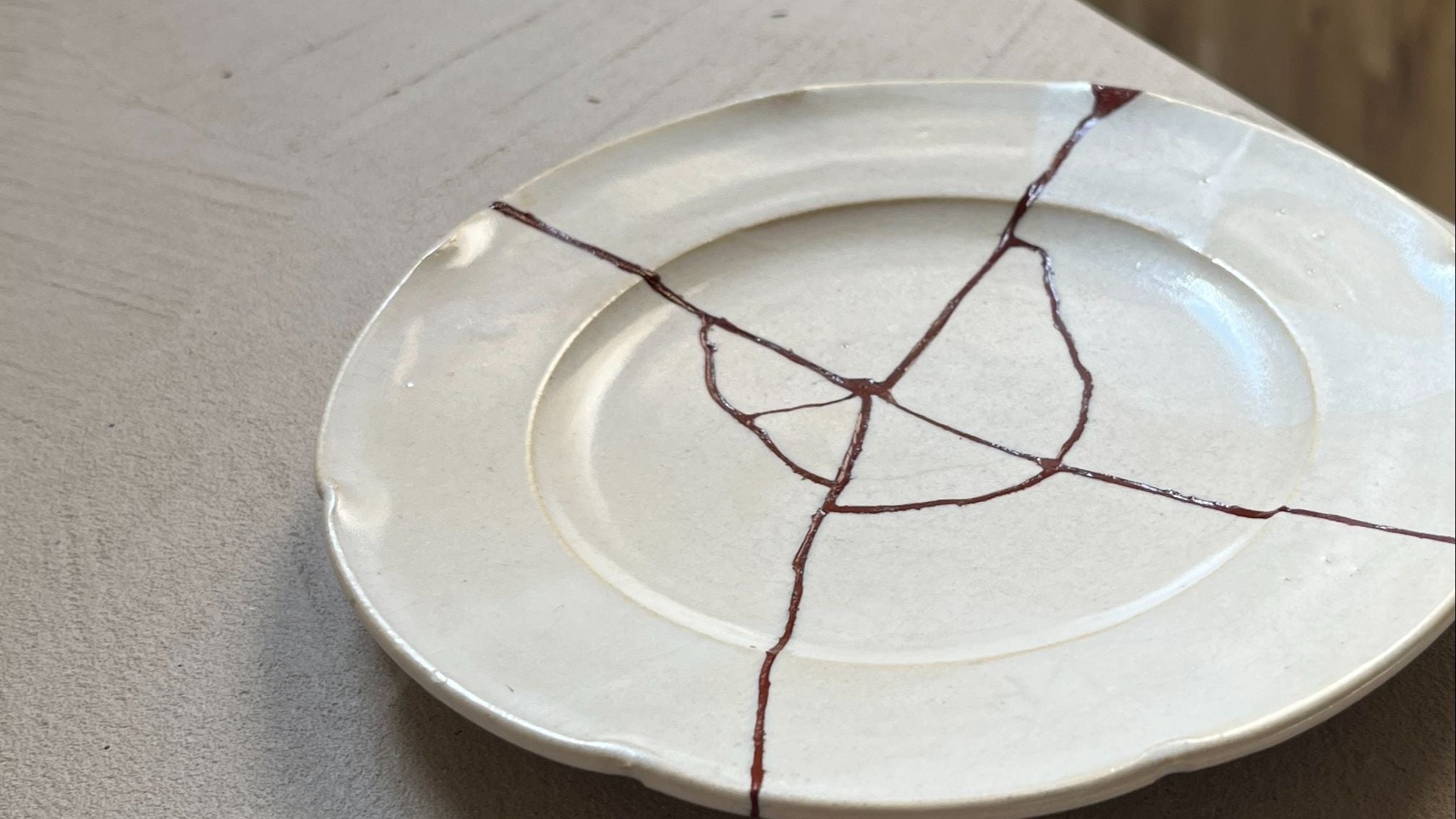
Kintsugi Dictionary Part 1: Mottainai
Kintsugi repairs something broken into something that can be used again for years, decades, or even generations to come. Here in Japan, our ancestors developed a sustainable means of repair as it i...
Read more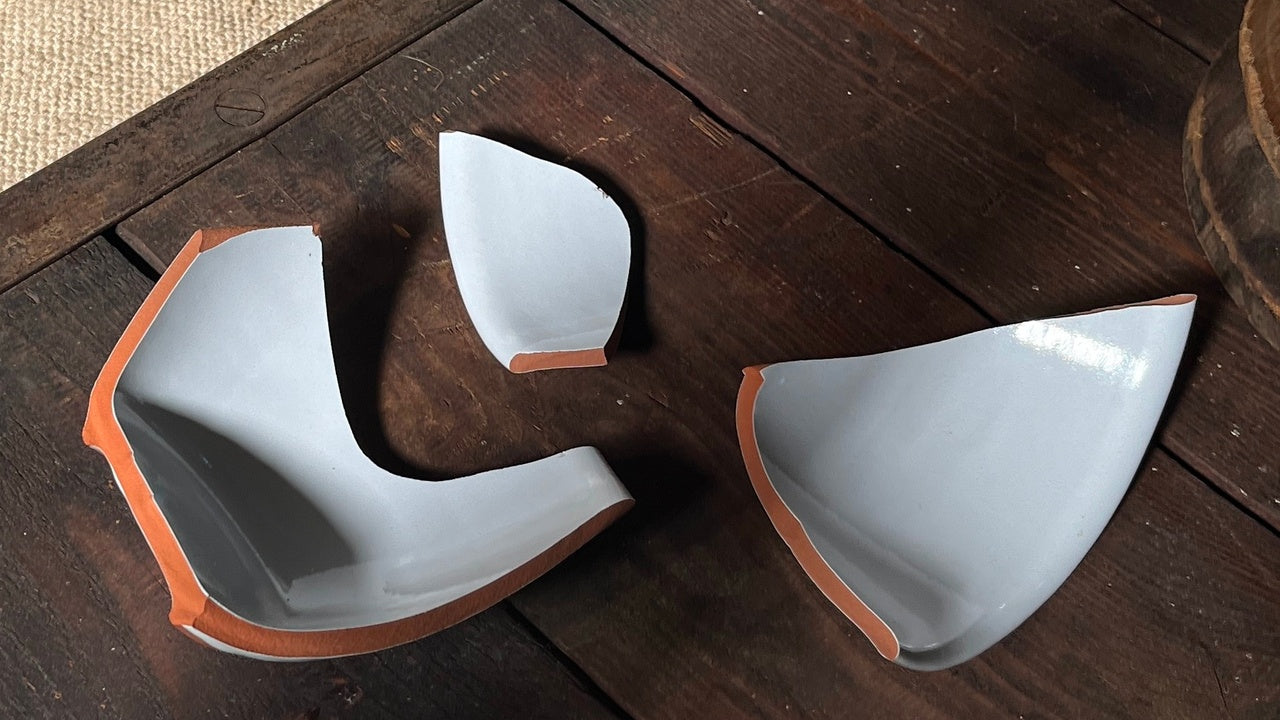
FAQs Regarding Repairing at Home
Your coffee is flowing onto the table from a cracked mug. You found a chipped vase at your grandmother’s. You just broke your wife’s favorite dessert plates ... two of them. Now what? We are answ...
Read more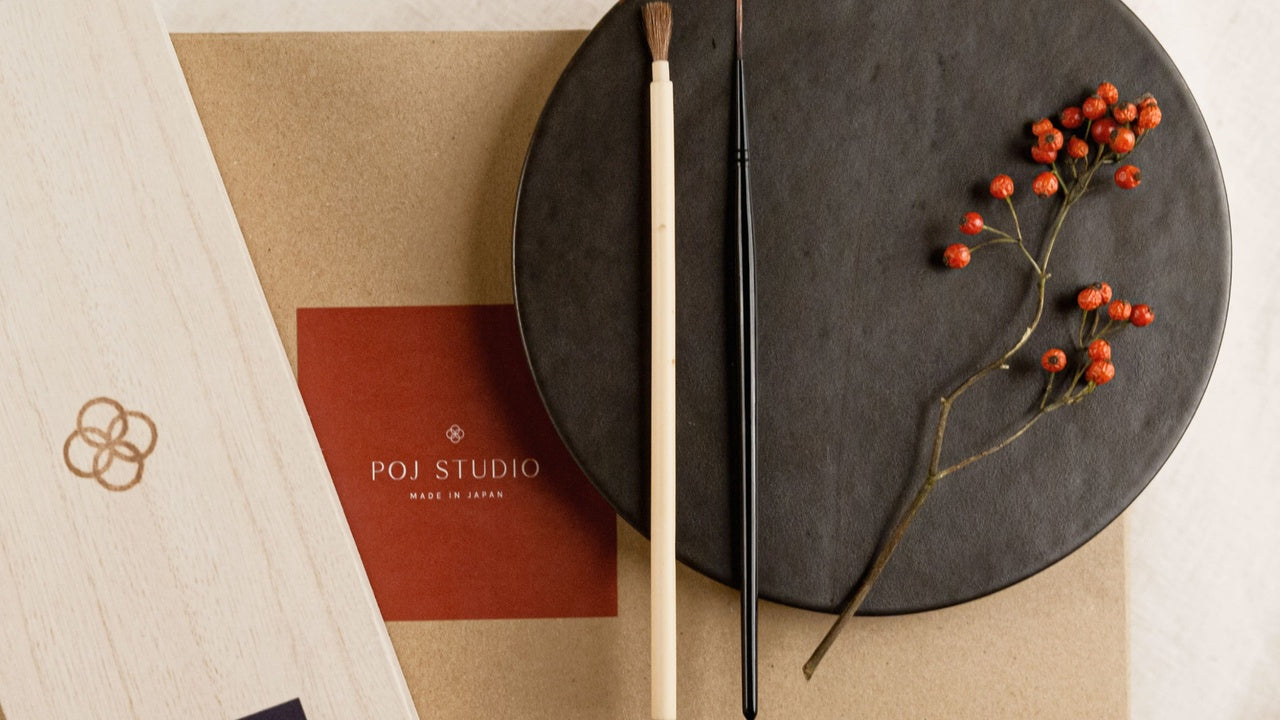
Holiday season is often associated with celebratory design with a bit of sparkle, and a table filled with warm, nourishing dishes. So there may not be anything more appropriate than giving the gif...
Read more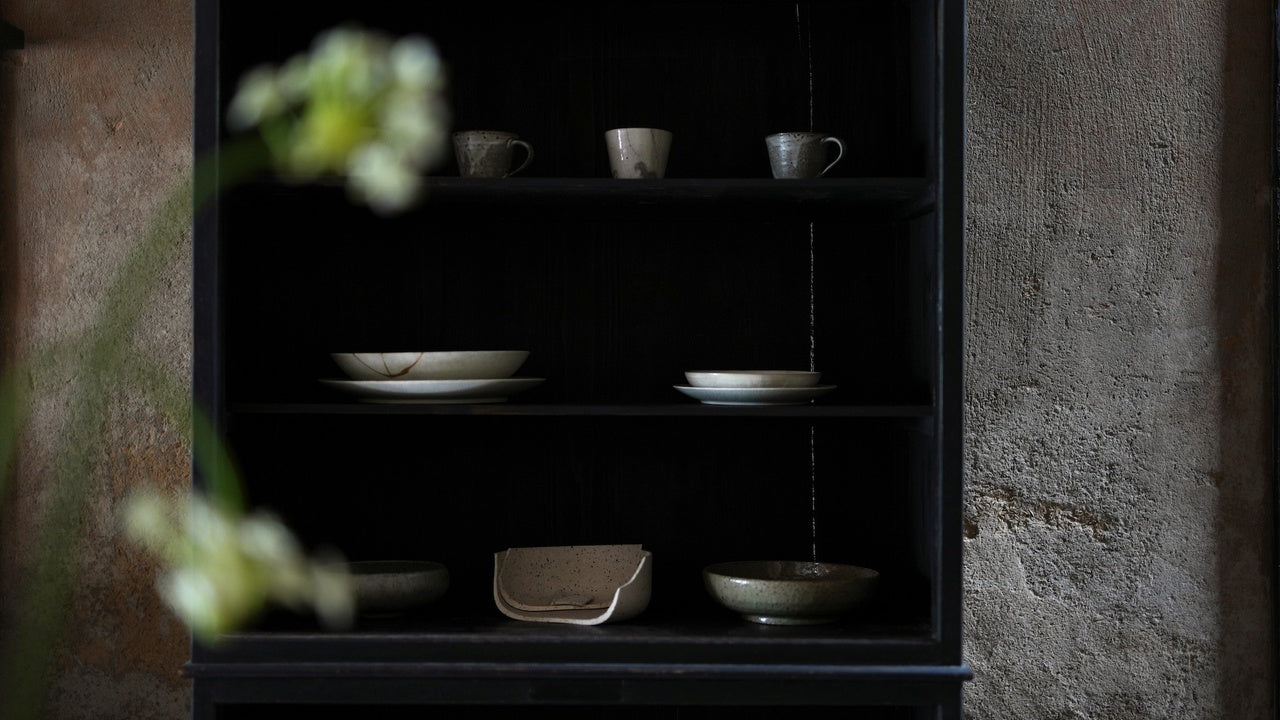
A muro, or room, is a cellar that meets specific climate conditions. The muro is a vital component of kintsugi-repair as it is in this room that urushi hardens after each step of repair. Urushi i...
Read more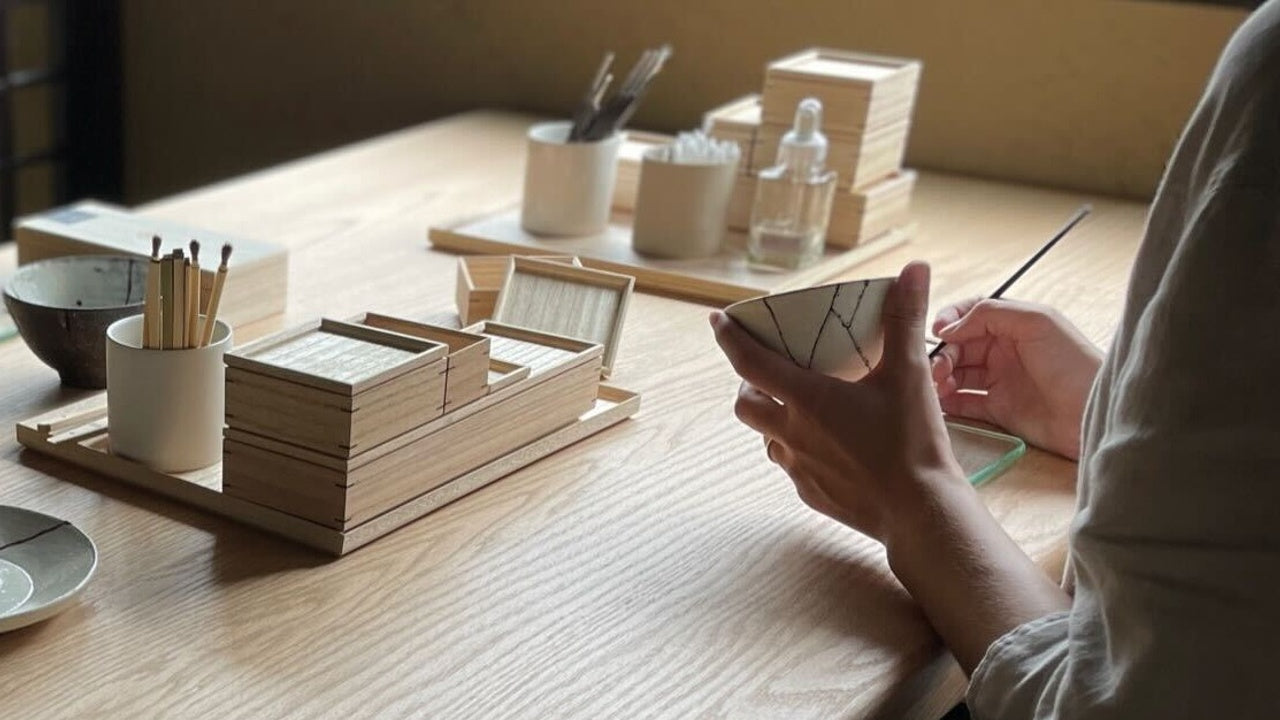
The Benefits of In-studio Classes
In-studio classes provide guided practice of the art of kintsugi, to acquire the necessary skills to repair your own wares. You can certainly learn kintsugi through our Master Class tutorial video...
Read more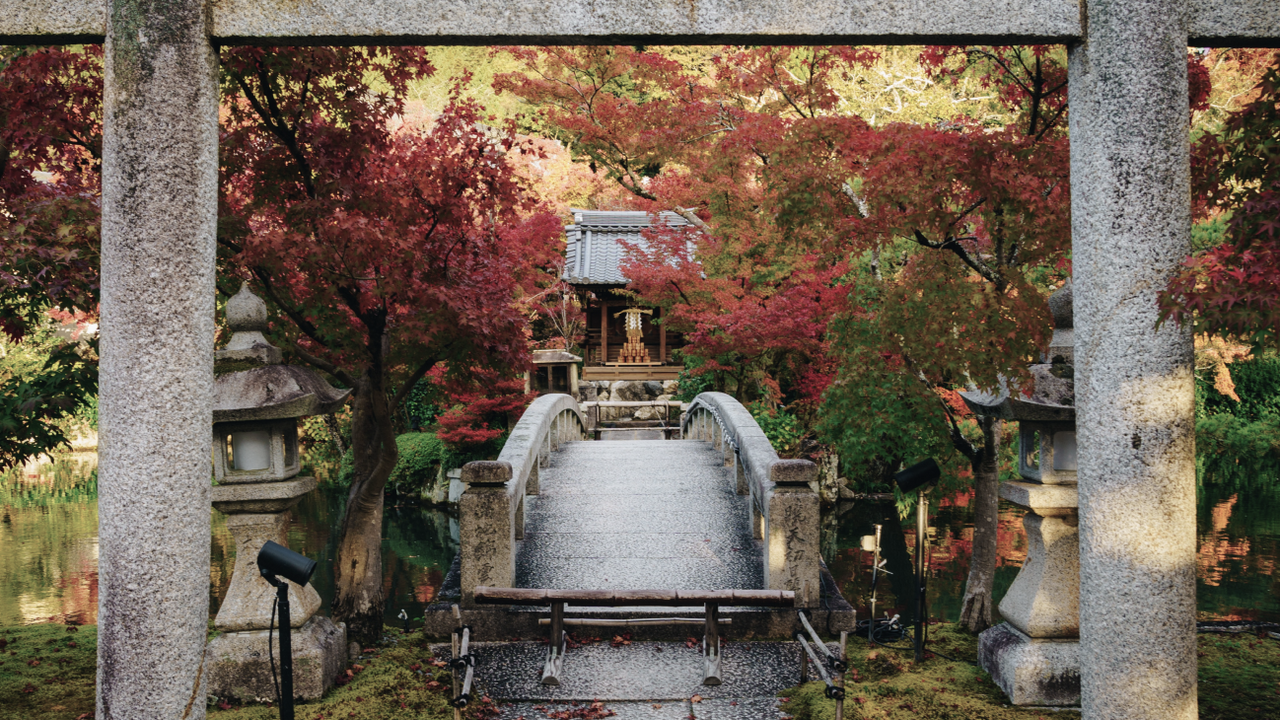
Our "Autumn in Kyoto" Itinerary
The word on the street is that after two and a half years, Japan is finally opening its borders to international travelers. That means we get to welcome you to our neighborhood! Autumn may very we...
Read more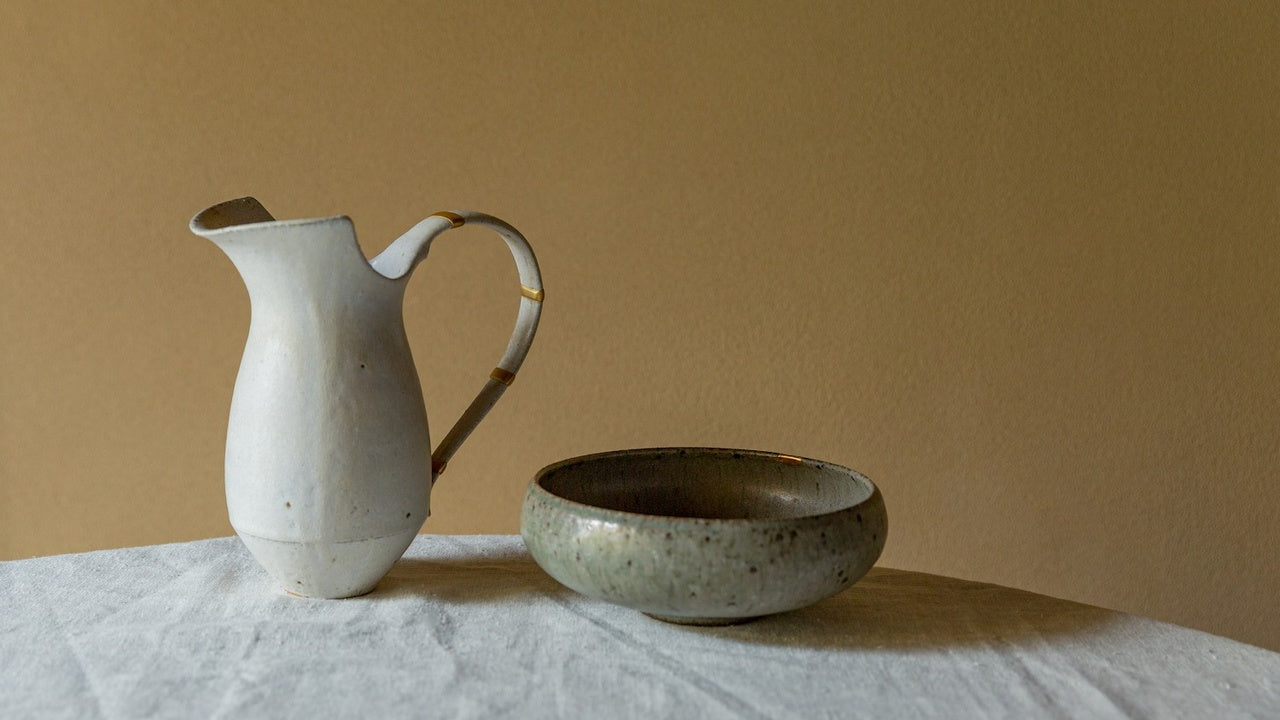
How to Care for Kintsugi-repaired Wares
Considering the nature of urushi lacquer, the kintsugi-repair process usually takes anywhere from two to three months, and for extremely complex breakages can take up to one year. Each layer of ur...
Read more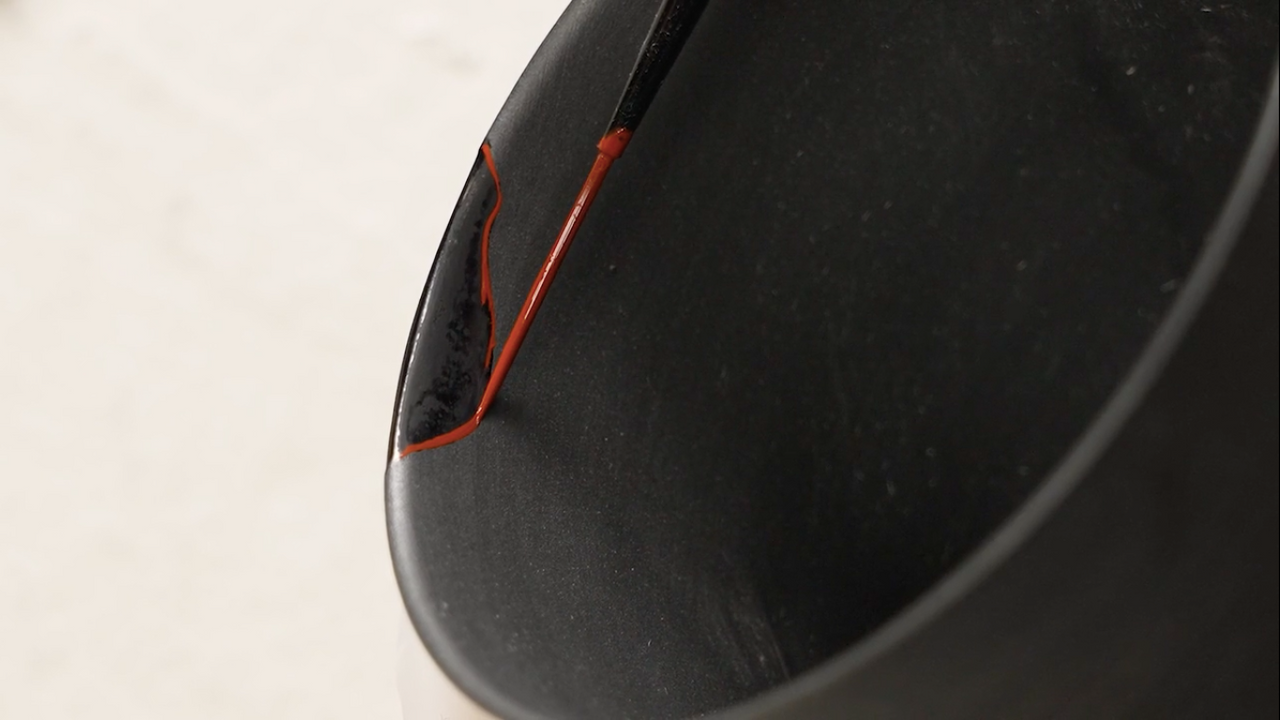
Brushes are a key tool in kintsugi-repair. Getting comfortable and friendly with your brush, as if it is an extension of your arm, makes the kintsugi experience that much more pleasurable and preci...
Read more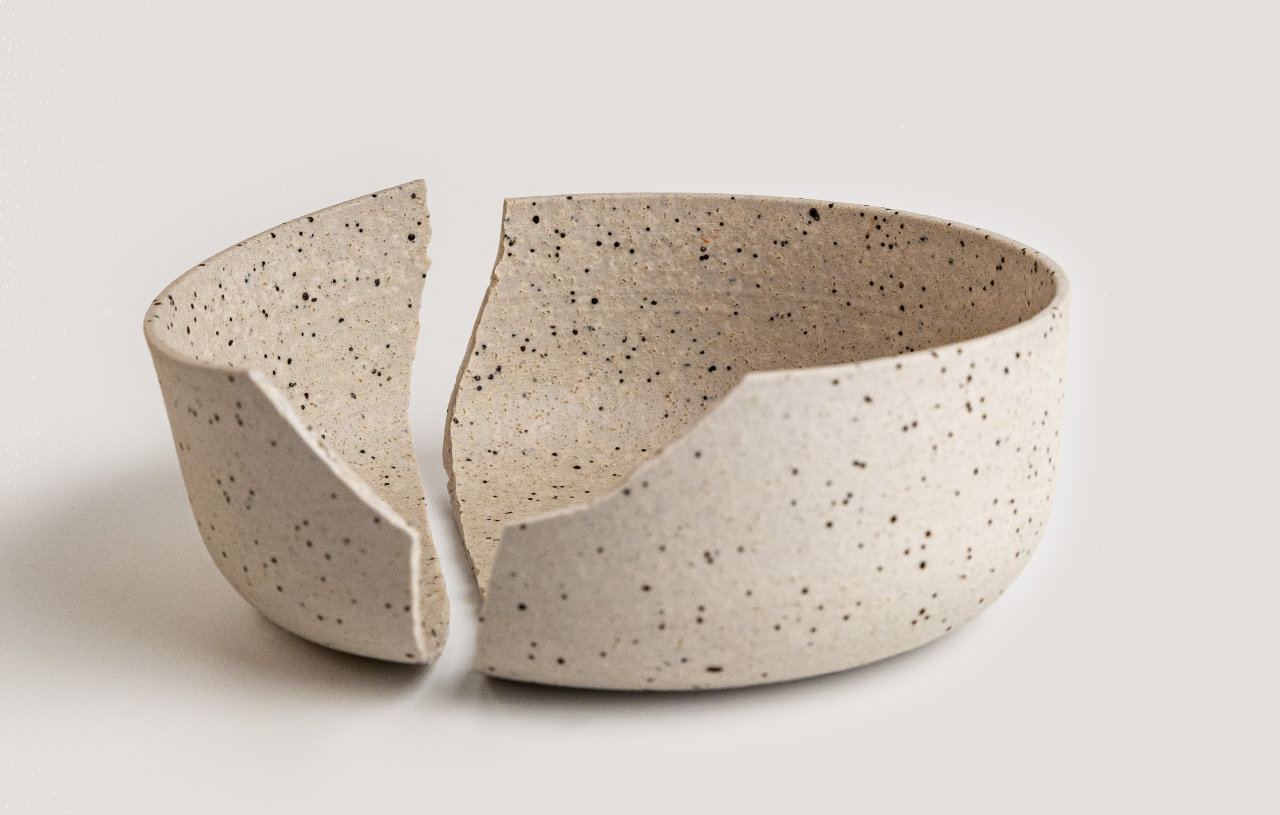
The Two Principles of Authentic Kintsugi
PRINCIPLE 1: PROPER ASSESSMENT OF DAMAGED WARES The assessment process is vital to determine how a piece should be kintsugi-repaired to ensure lasting durability and evergreen beauty. Material F...
Read more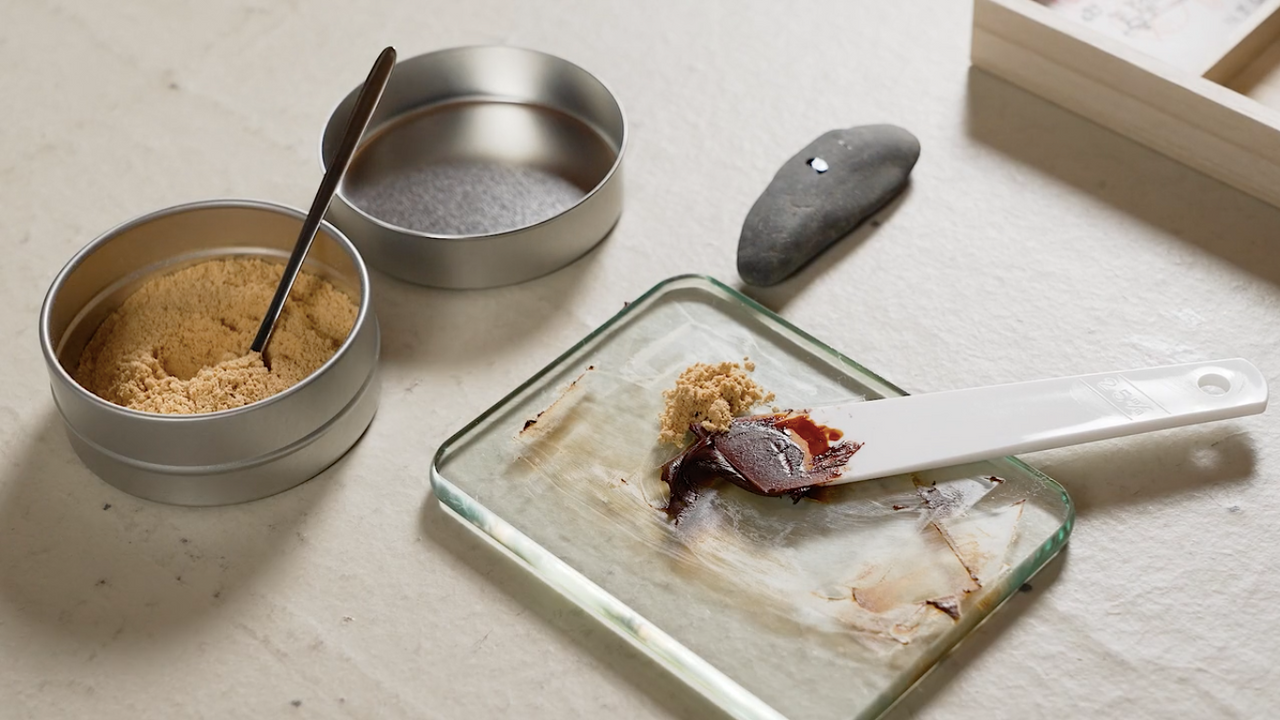
Kokuso urushi is one of the top three most commonly-used urushi mixtures in kintsugi-repair. A close third to mugi urushi and sabi urushi. Kokuso, whose Chinese characters have multiple variations...
Read more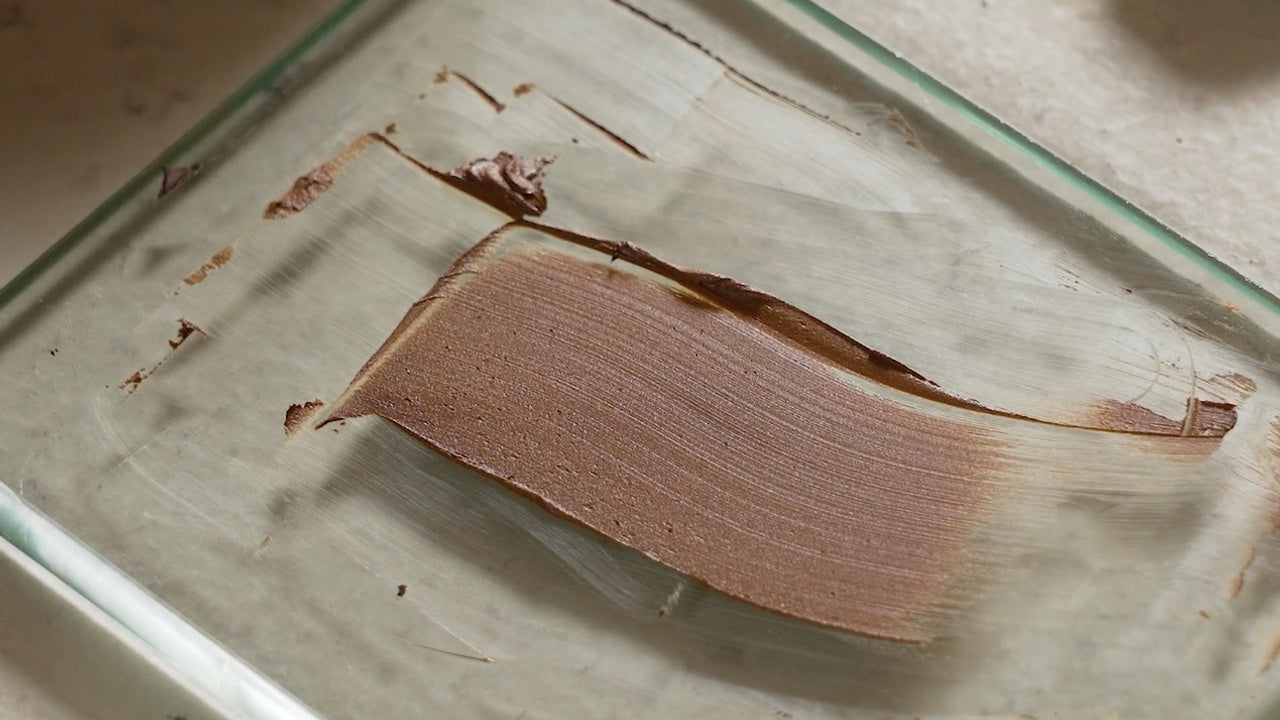
Kintsugi is the process of mending damaged, mostly ceramic and porcelain tableware, by leveraging the innate properties of urushi tree sap. Urushi is applied into the crevasses of broken surfaces...
Read more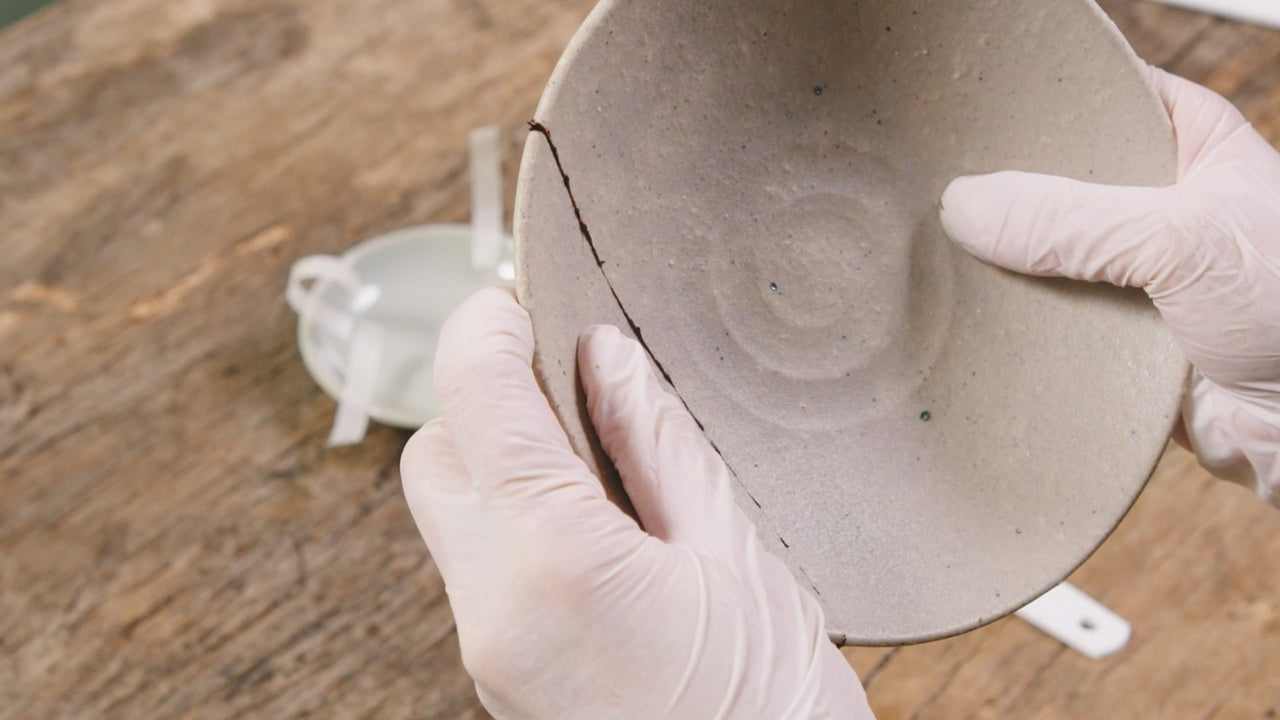
Japanese craftwork used to be parsed out into incredibly specific micro-roles. The bristles of the drawing brush, used for hyper-detailed lacquerwork, is made from mice hairs. And not just any mic...
Read more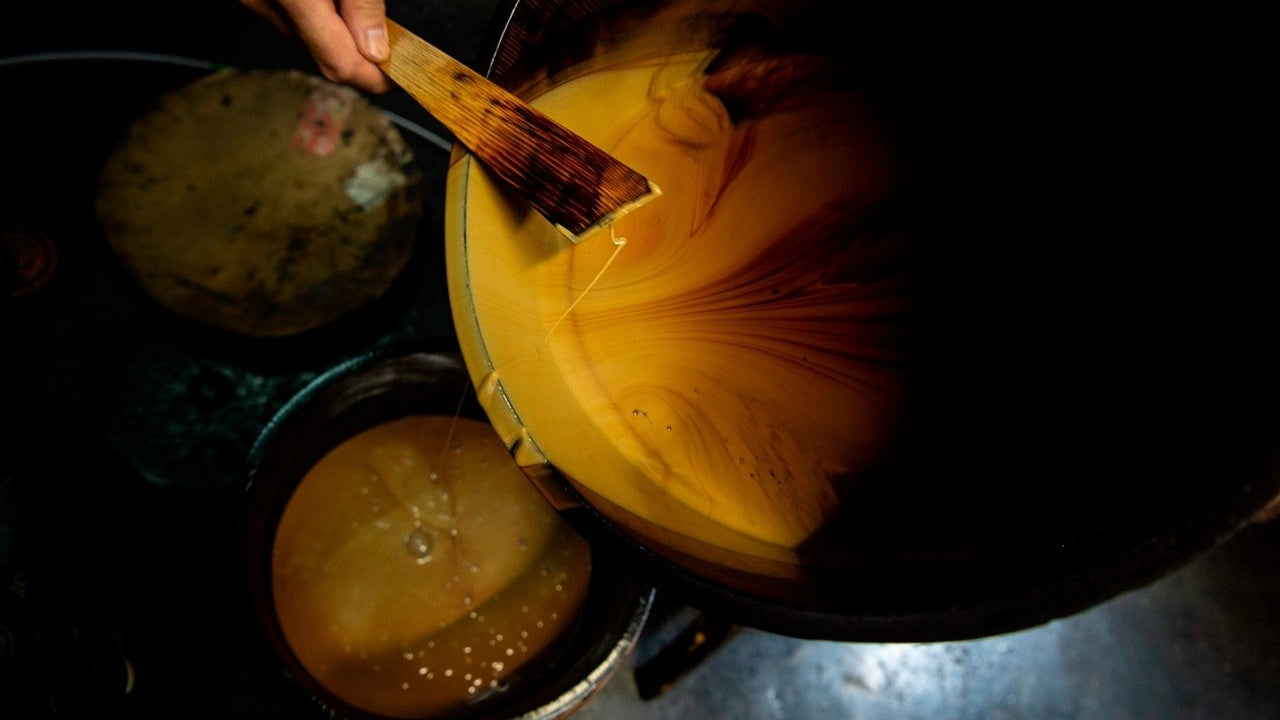
Urushi lacquer is the sap of the urushi tree. And it is the fundamental ingredient of kintsugi-repair. While "kin" of kintsugi, points to gold, it is in fact urushi that does all of the hard work...
Read more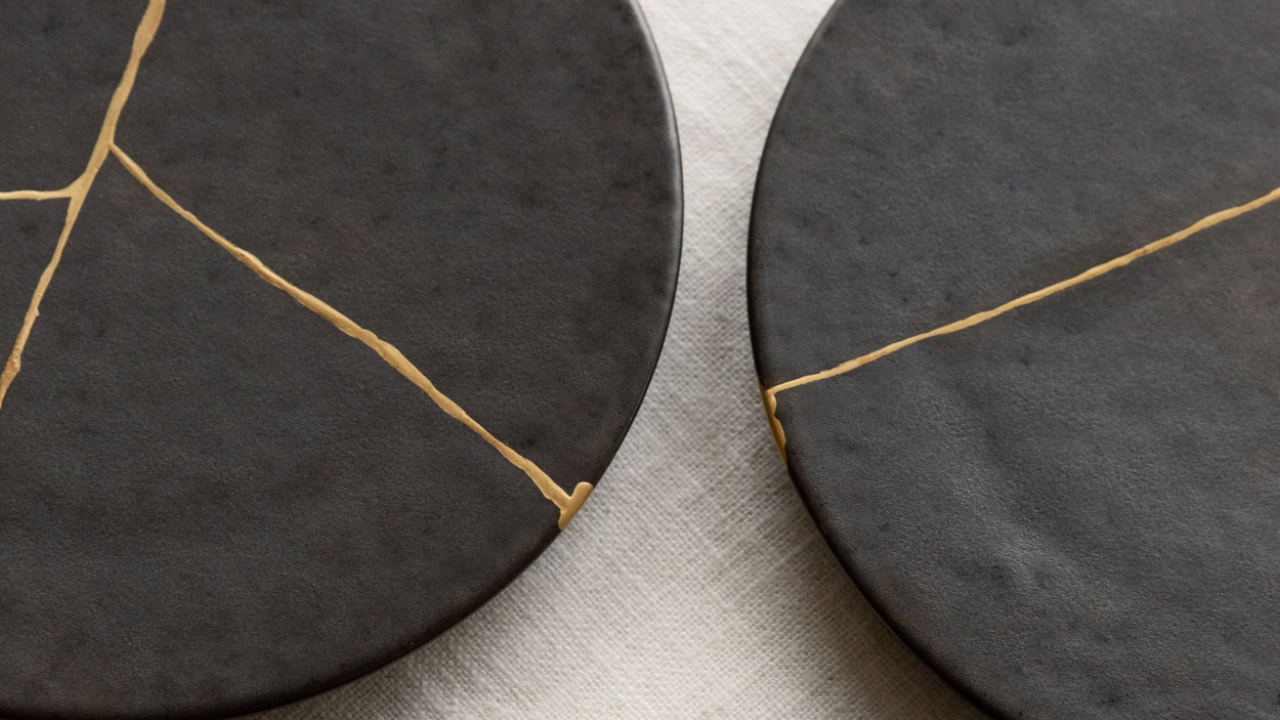
While the intention of Western styles of repair are to mimic the original state and make the repaired item look as though it was never damaged, kintsugi highlights the breakages and celebrates the ...
Read more
Two years ago, we launched the Kintsugi Kit with the hope that anyone, no matter where they are in the world, can celebrate the unique story of the wares that make their house a home. Kintsugi is a...
Read more